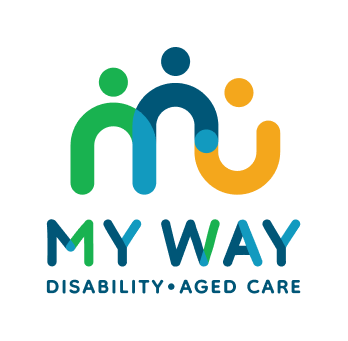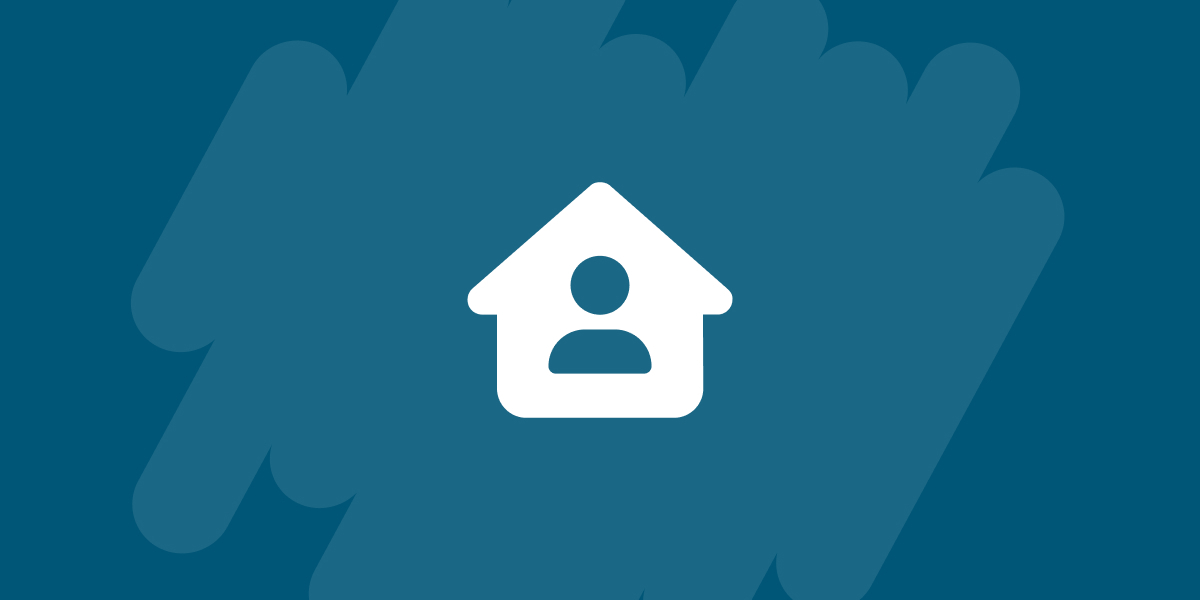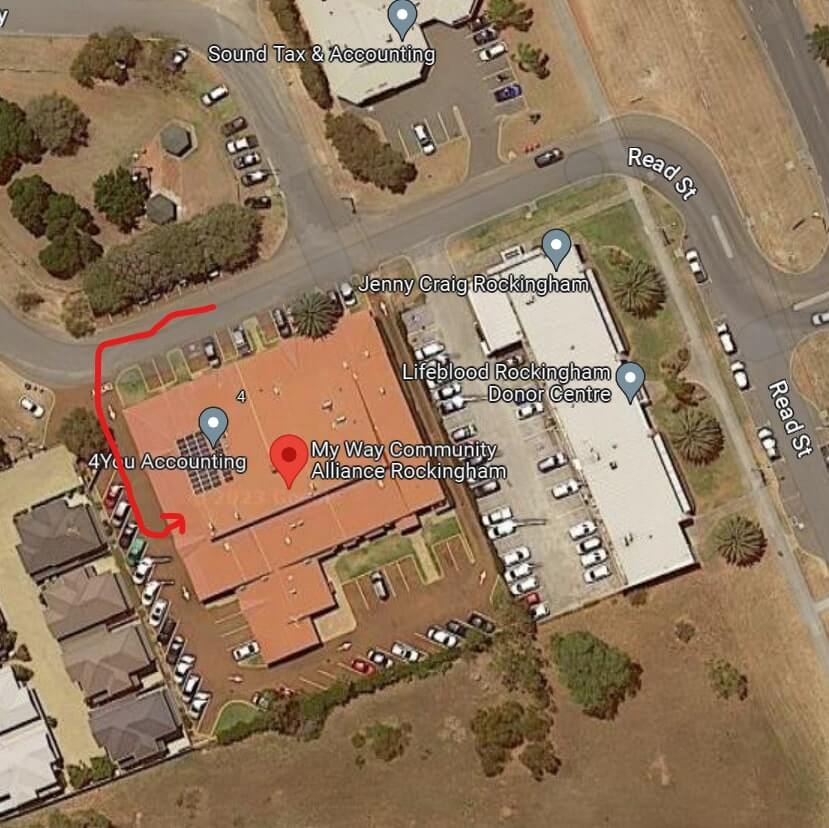Has someone suggested that you should find a psychosocial recovery coach? Are you wondering what that is? Maybe you’re thinking, is this just another name for a psychologist?
There are some similarities, but they are also different and here’s how. A psychologist focuses on the diagnosis and treatment of mental health issues. A Psychosocial Recovery Coach works with people who may have had mental health issues, but their role is more of a problem-solving partner. Want to know more? Let’s dig a little deeper.
What is a Psychosocial Recovery Coach?
Well, a Psychosocial Recovery Coach helps you achieve your personal goals and improve the quality of your life. Sounds interesting, but how do they do that?
They help you with things like:
- Identifying and setting personal goals
- Finding and accessing resources and services that can support your recovery
- Building a support network that might include helpful family, friends, and professionals
- Managing your mental health and other psychosocial challenges
- Navigate the healthcare system and access the treatment you need
- Find and maintain employment or education
- Building self-esteem and self-confidence
Recovery coaches usually work with you one-on-one but may also work with groups or families. They are trained in various approaches like cognitive-behavioural therapy, which you might have encountered. Also, they are trained in person-centred therapy or motivational interviewing, which might be less familiar.
Who do Psychosocial Coaches work with?
Some people who might benefit from a Psychosocial Recovery Coach include those who have a diagnosis of a mental illness, such as depression or anxiety, or those who are struggling with addictions. The coach can be a helpful and supportive presence as you work towards a life in recovery.
What to look for in a Psychosocial Recovery Coach
There are several qualities and characteristics you may want to look for in your coach:
Training and experience: Look for coaches with specialised training in recovery-focused approaches and knowledge about various treatment options and resources.
Empathy and understanding: Your coach should be able to understand the challenges you are facing and provide non-judgmental support.
Goal-oriented: Your coach should help you set clear, achievable goals and work with you to develop a plan and supporting habits to achieve those goals.
Good communication skills: Your coach should be able to communicate effectively and clearly with you. They need to adapt their approach to meet your needs and preferences.
Professionalism: A recovery coach should be reliable, punctual, and respectful.
Confidentiality: A coach should respect your privacy and maintain confidentiality in all aspects of their work with you. It is OK for you to ask questions about this because you need to be able to trust your coach with personal information.
What is it like working with a Psychosocial Recovery Coach?
Working with a Psychosocial Recovery Coach can be a rewarding and empowering experience if you find someone you can trust and work with. A recovery coach can help you set and work towards personal goals. They can identify and access resources and services that can support your recovery. They can also provide guidance and support as you navigate challenges and setbacks. A coach will help you steer through those bumpy bits.
Here are some things you may experience when working with a recovery coach:
Setting goals: A recovery coach can help you identify your strengths and areas for growth and work with you to set achievable goals. Just getting that much clarity can be exciting all by itself.
Developing a plan: You and your recovery coach will develop a personalised plan to help you achieve your goals. This might include establishing a gentle set of manageable habits. Perhaps it will be identifying specific tasks or activities you need to complete. You are looking for a plan that feels manageable.
Providing support and guidance: Your recovery coach will support and encourage you as you work towards your goals. They may guide and advise, help you problem-solve challenges or setbacks, and celebrate your progress and achievements.
Building a support network: A recovery coach can help you build a network of supportive individuals and resources, including family, friends, professionals, and peer support groups.
If you would like to learn more, please call us.





